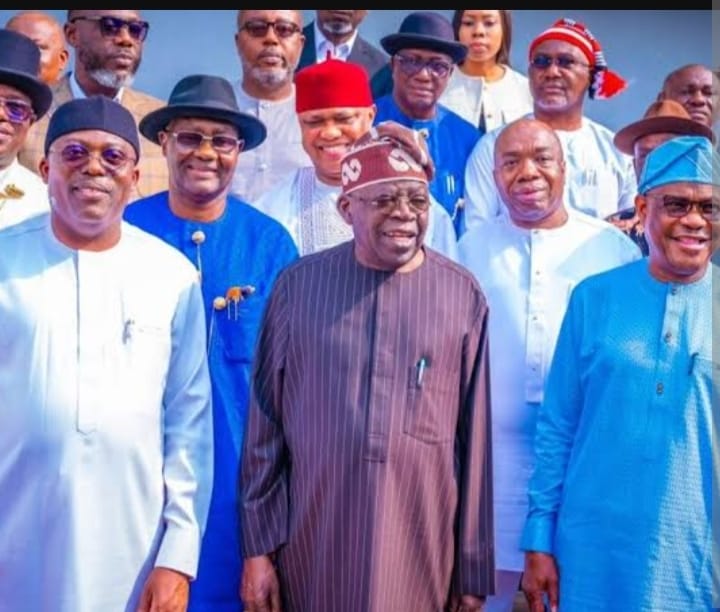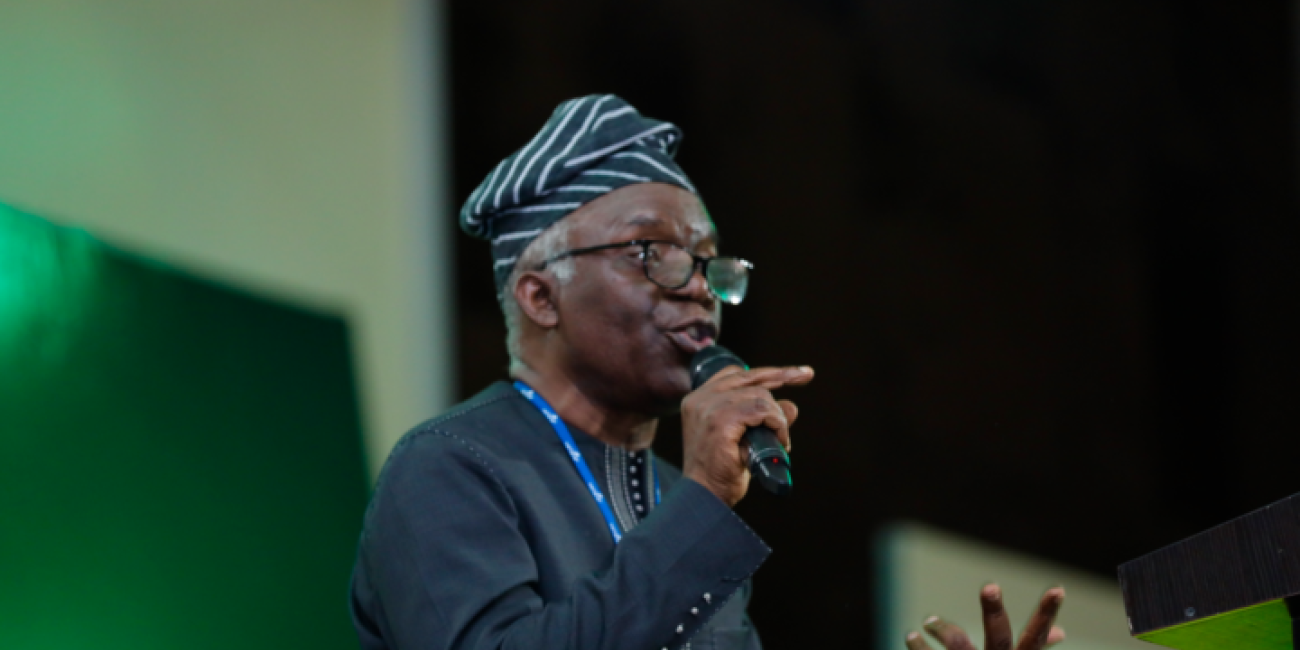President Bola Tinubu’s proposed tax reforms have sparked significant debate among Nigeria’s state governors, particularly concerning the allocation of Value Added Tax (VAT) revenues. Initially, governors from Nigeria’s northern states opposed the reforms, arguing that the changes would disproportionately favor the more economically developed southern states, thereby exacerbating existing regional disparities.
The crux of the contention lies in the proposed adjustment of the VAT distribution formula. Currently, 50% of VAT revenue is shared equally among states, 30% is allocated based on population, and 20% is distributed according to the revenue generated by each state. The new proposal suggests altering this to 60% based on revenue generation, 20% on population, and 20% shared equally. Northern governors have expressed concerns that this shift would reduce their states’ revenue shares, given their relatively lower economic activity compared to the south.
Despite initial resistance, a consensus was reached following extensive discussions between the Nigeria Governors’ Forum (NGF) and the Presidential Committee on Tax and Fiscal Policy. The governors agreed to support the tax reforms with a revised VAT allocation formula of 50% for equality, 30% for derivation, and 20% for population. This compromise aims to balance the interests of all regions and promote equitable resource distribution.
President Tinubu commended the governors for their unified support, viewing it as a commitment to Nigeria’s economic development and national unity. He emphasized that the tax reforms are designed to advance national interests, improve economic competitiveness, and attract both local and foreign investments.
The tax reform bills are currently under consideration by the National Assembly. The collaborative approach between the federal and state governments is seen as a positive step toward modernizing Nigeria’s tax system and fostering sustainable economic growth.





